The internet is a vital platform for Palestinians to express themselves, but web access and targeting of social media users, bloggers and journalists remain big challenges, Milana Knezevic writes.
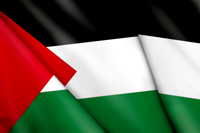

The internet is a vital platform for Palestinians to express themselves, but web access and targeting of social media users, bloggers and journalists remain big challenges, Milana Knezevic writes.
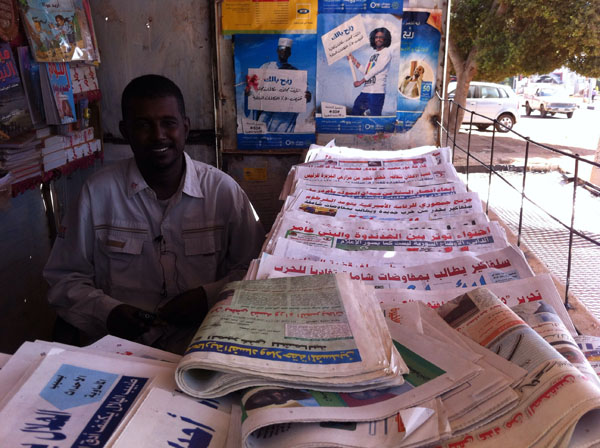
Khartoum authorities are barring critical journalists from writing, says Zeinab Mohammed Salih
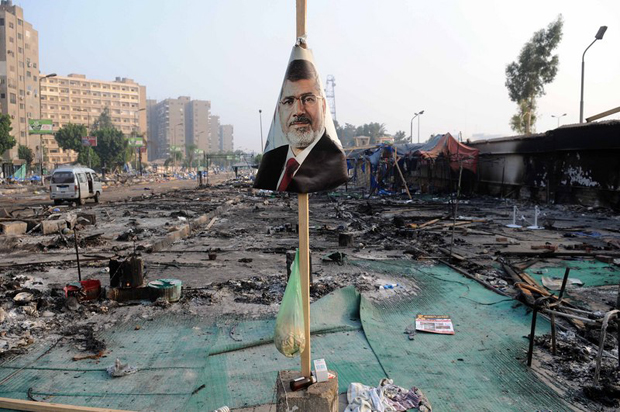
In Egypt’s bitterly polarized and often dangerous environment, it is the journalists covering the unrest that are caught in the middle, facing detention, intimidation, assault and sometimes, even death, Shahira Amin writes

As the numbers steadily mount of those killed by the Egyptian military and police in yesterday’s attacks on Muslim Brotherhood camps, the prospects for Egypt’s ‘Arab spring’ are looking bleak, Kirsty Hughes says
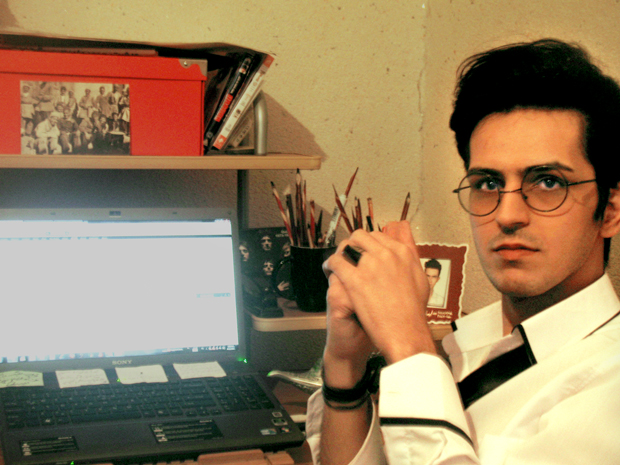
Iran’s government has been increasing pressure on writers and artists over the past few years, but its heavy hand does not strike evenly.
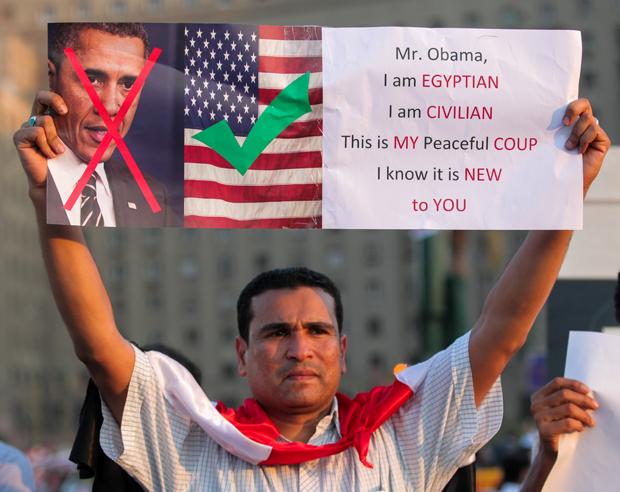
Xenophobia in general and anti-US sentiment, in particular, have peaked in Egypt since the June 30 rebellion that toppled Islamist President Mohamed Morsi and the Egyptian media has in recent weeks, been fuelling both. Shahira Amin reports

Authorities in the United Arab Emirates (UAE) are making transnational attempts to shut down the United States’ largest Arab-American newspaper, al-Watan. Rori Donaghy writes
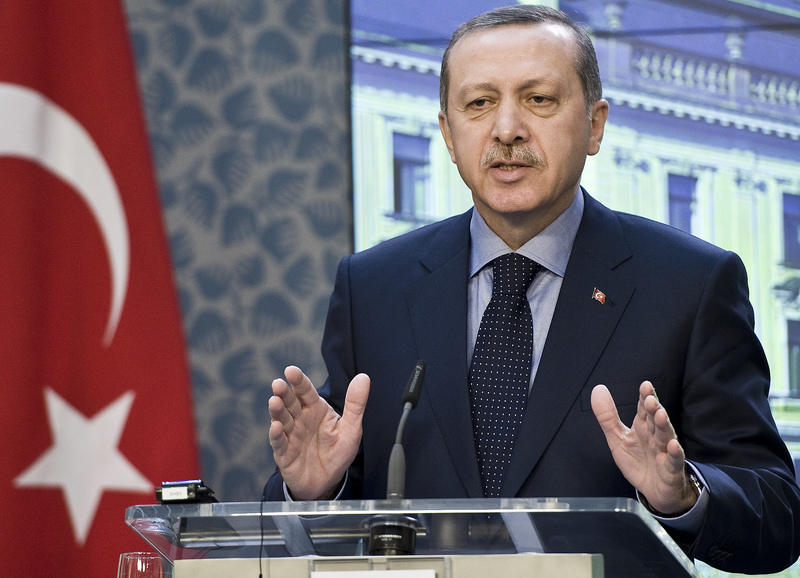
While Turkey this week jailed its former Chief of Staff, General Ilker Basbug, in Egypt, General Sisi’s popularity is still riding high following the army’s ousting of President Morsi. Kirsty Hughes writes

During his inauguration address, Iran’s new president Hassan Rouhani promised peace and a push towards a more open dialogue with the West. Although it is far too soon to gauge whether his promises will transform into policies as he pushes against Iran’s convoluted theocracy. Small Media reports